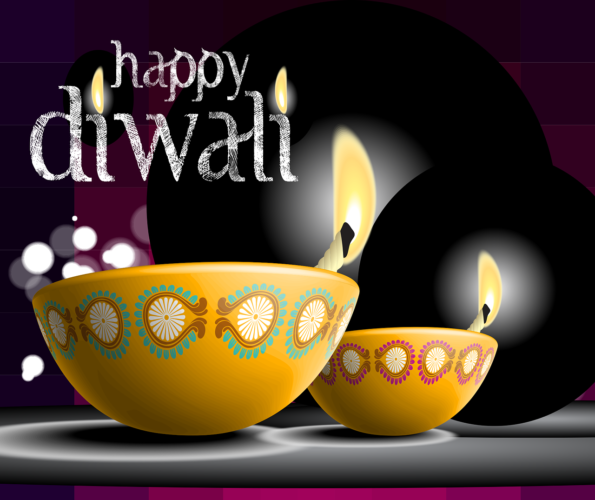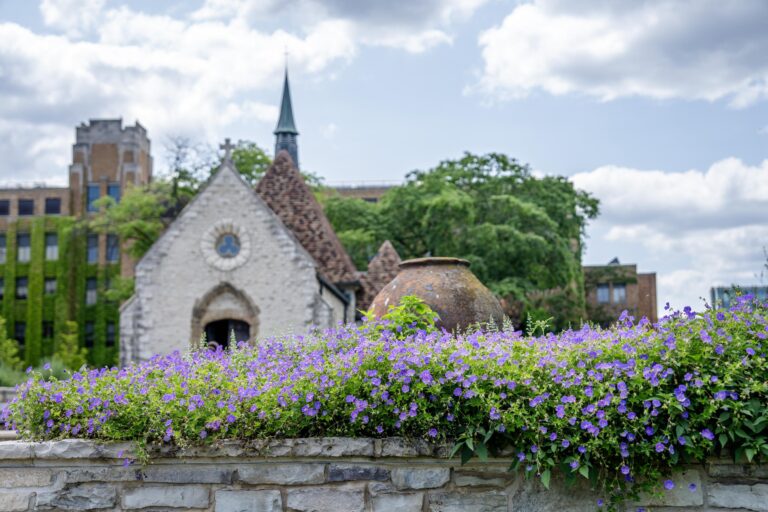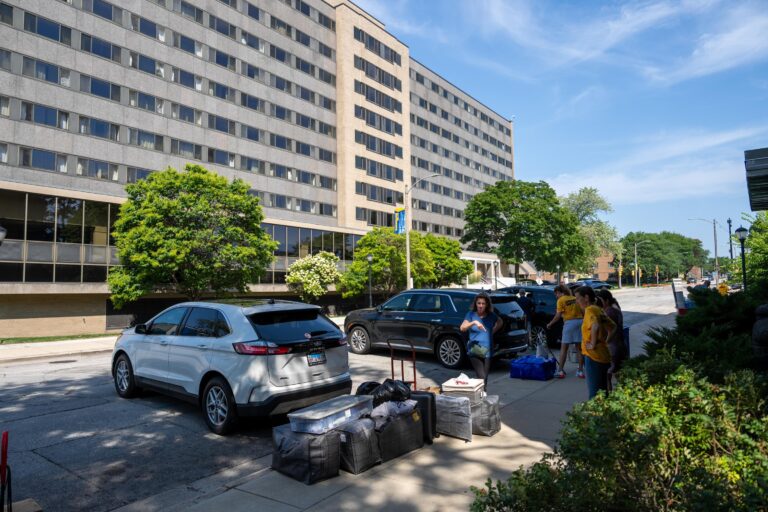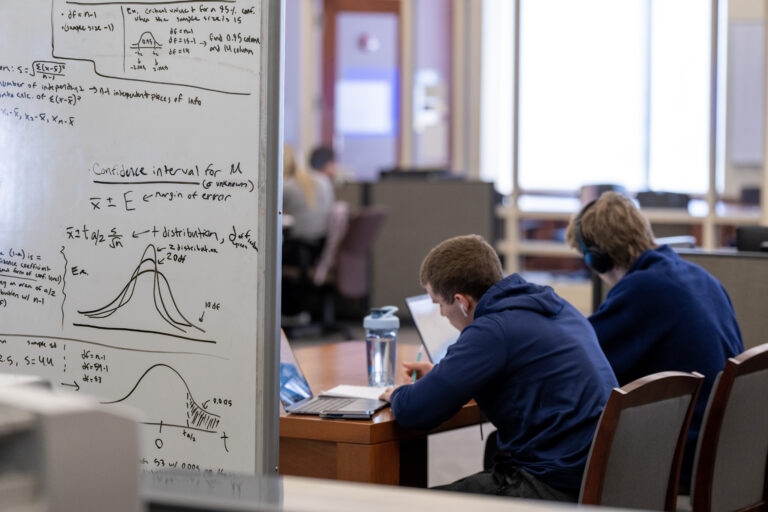 Popularly known as the “Festival of Lights,” Deepavali (Diwali) is one of the most important and vibrant of Indian festivals and is celebrated all over the world. Derived from Sanskrit, Deepavali means row (avali) of lights (deepa), that are set ablaze to celebrate the light of higher knowledge driving out ignorance and enabling an awakening within us, with which comes compassion, joy and peace. Diwali is celebrated by most Hindus, Jains, Buddhists and Sikhs. The days of Diwali encompass the new moon between the lunar months of Ashvin and Kartik, running this year from Nov. 2–6.
Popularly known as the “Festival of Lights,” Deepavali (Diwali) is one of the most important and vibrant of Indian festivals and is celebrated all over the world. Derived from Sanskrit, Deepavali means row (avali) of lights (deepa), that are set ablaze to celebrate the light of higher knowledge driving out ignorance and enabling an awakening within us, with which comes compassion, joy and peace. Diwali is celebrated by most Hindus, Jains, Buddhists and Sikhs. The days of Diwali encompass the new moon between the lunar months of Ashvin and Kartik, running this year from Nov. 2–6.
On the first day, homes are cleaned and something new is bought for the home. On the second day, entrances are adorned with intricate designs called rangolis and homes are decorated with lights, lanterns and lamps. The fragrance of delicate flower garlands ushers in the dawn on the third and focal Diwali day – Nov. 4 this year. While the legends and festivities associated vary from region to region, families and friends gather to worship, rejoice and celebrate with flowers, delectable food, festive fireworks, decorative lights and twinkling lamps. Millions of glittering lamps and the new moon illuminate hearts. The day after Diwali for many communities is the first day of the New Year; businesses mark the new fiscal year and friends and relatives visit with gifts. The last day of Diwali commemorates the special relationship between brothers and sisters.
May the divine light of Diwali illuminate your days with blessings, joy, good health, peace and love — this week, and in the year ahead.
As the fall of this Ignatian Year ushers in holiday traditions, let us remember to be grateful for the blessings in our lives, to allow good and truth to prevail, to transform our cannon balls into a force for good, to cultivate an omnipresent awareness of our inner light and to share it with others.
With questions, contact Dr. Kalpa Vithalani, executive director of technology transfer for the Office of Economic Engagement.


